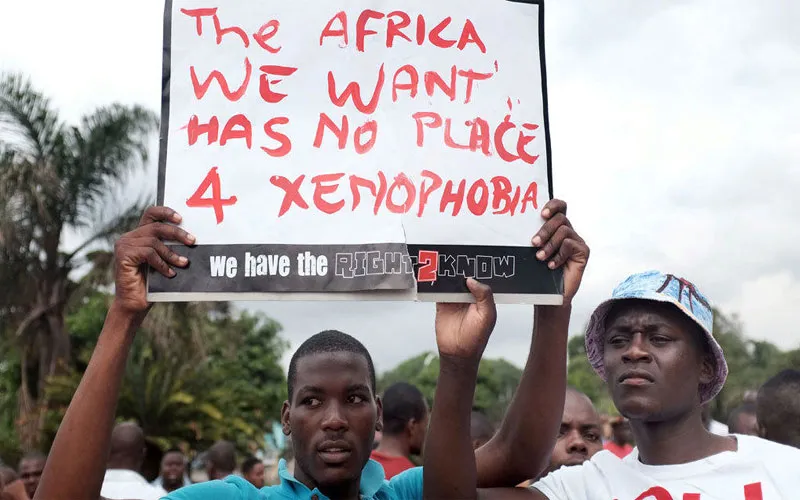Johannesburg, 14 September, 2019 / 3:14 pm (ACI Africa).
The wave of deadly attacks targeting African foreign nationals in South Africa has caught the attention of national and regional Church leaders and affected countries have started repatriating their respective citizens from South Africa.
“It is with dismay that we take note of the recent upsurge in violence against foreign nationals,” the Catholic Bishops under the Southern African Catholic Bishops’ Conference (SACBC) have stated.
“We are facing a rising tide of hatred and intolerance, no difference to the rising tide of hatred in Nazi Germany,” the SACBC Prelates have said and cautioned, “If we do not take urgent action to stop it (xenophobic attacks), there will be nothing left.”
In their statement availed to ACI Africa, the leaders constituted by Local Ordinaries in Botswana, South Africa, and Swaziland disputed reports that the attacks targeting foreign nationals from some African countries in South Africa is criminal activity saying, “This is not the work of a few criminal elements.”
“It is xenophobia, plain and simple,” the Church leaders stated in their statement signed by Archbishop Buti Tlhagale who heads SACBC’s office for migrants and refugees.





